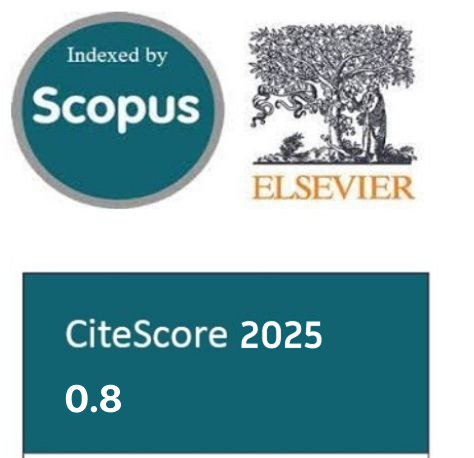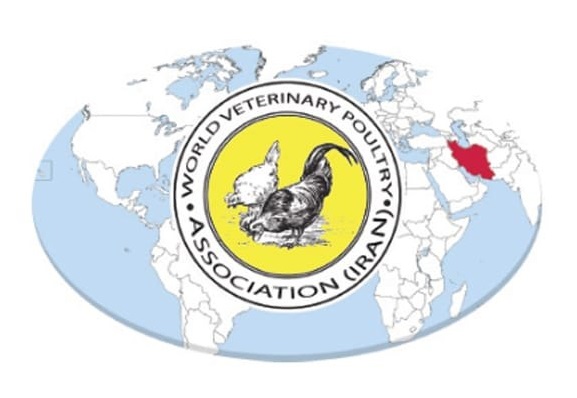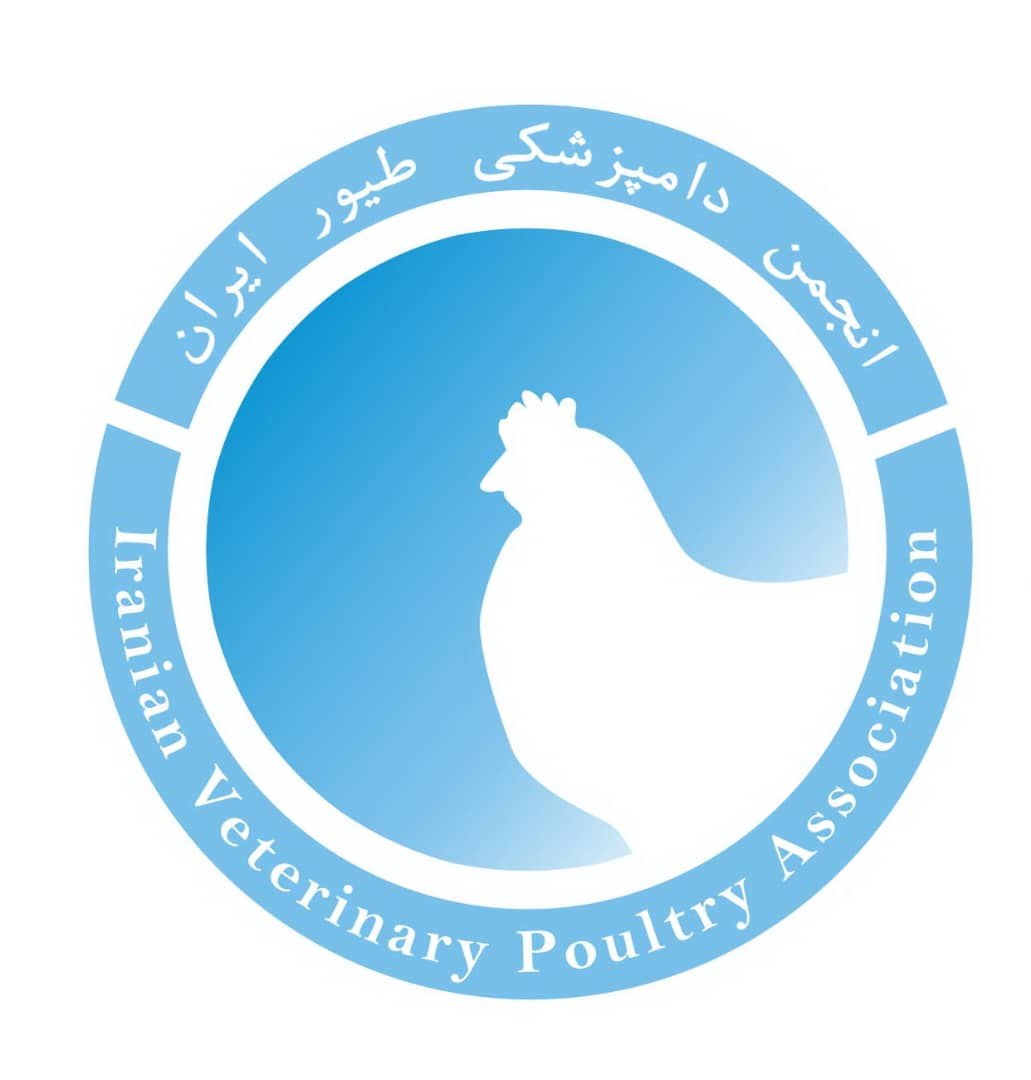Guidelines for Reviewers
Double-Blind Review Policy
Reviewer’s criteria
-
They must have no conflicts of interest with any of the authors.
-
They must not be affiliated with the same institution as the authors.
-
They must not have published jointly with the authors in the last three years.
-
They must have relevant experience and a proven publication record in the field of the submitted article.
-
They must be experienced scientists in the field of the submitted work.
-
They must possess an official and recognized academic affiliation.
-
They must provide high-quality review reports and remain responsive throughout the peer review process.
-
They must maintain high standards of professionalism and ethics.
-
Read the entire article and any supplemental materials, paying particular attention to the figures, tables, data, and methods.
-
Critically analyze the entire article, as well as specific sections and key concepts presented in the article.
-
Ensure that your comments are detailed, so that the authors can fully understand and address the issues you raise.
-
Avoid recommending citing your own work, close collaborators, another author, or a journal unless it is clearly necessary to improve the quality of the manuscript being reviewed.
-
Avoid recommending over-citing your own work (self-citation), the work of another author or articles in the journal to which the manuscript was submitted in order to increase their citations. You can provide references if needed, but these should significantly improve the quality of the manuscript being reviewed.
-
Keep a neutral tone and focus on constructive criticism that will help the authors improve their work. Disdainful comments will not be accepted.
-
A brief summary (one short paragraph) that describes the purpose of the manuscript, its key contributions, and strengths.
-
General comments on the concept, such as identification of weaknesses, testability of hypotheses, methodological inaccuracies, lack of tests, etc. These comments relate to the scientific content of the manuscript and must be detailed enough for the authors to be able to respond.
-
Specific comments on line numbers, tables, or figures, indicating inconsistencies in the text or ambiguous sentences. These comments should also focus on the academic content and not on spelling, formatting, or English issues as these can later be resolved by our internal staff.
Rating the Manuscript
Novelty: Do the results represent progress compared to the current state of knowledge?
Scope: Is the article within the scope of the journal?
Meaning: Are the results interpreted correctly? Do they matter? Are all conclusions substantiated and supported by the results? Are the hypotheses correctly labeled as such?
Scientific Integrity: Is the study well designed and technically sound? Are the data robust enough to draw conclusions? Are the methods, instruments, software, and reagents described in sufficient detail to allow another scientist to reproduce the results? Is the raw data available and correct (if available)?
Quality: Is the article well written? Are the data and analyses presented correctly? Have the highest standards been applied in performance reporting?
Reader Interest: Do the conclusions interest the readers of the journal? Will the article attract a large audience or will it only interest a few people? (See Aims of Journal).
Overall Score: Is there an overall benefit from publishing this work? Does the work develop current knowledge?
English level of the text: Is the English language appropriate and understandable?
General recommendation
Accept as is: The article can be accepted without further changes.
Accept with minor revisions: The article can, in principle, be accepted with revisions based on the reviewer's comments.
Review after major corrections: Acceptance of the manuscript depends on corrections. The author should answer or refute point by point if some reviewer's comments cannot be changed. Authors are encouraged to resubmit the revised article within 14 days, and the revised version will be returned to the reviewer for further comment.
Rejection: The article has serious deficiencies, is not an original contribution, and the article may be rejected without an offer of resubmission to the journal.
To register your review on Publons, please follow these steps:
a) Register on Publons: https://publons.com/about/home/
b) Add your review to Publons: In this case, simply send your review email (review thank you letter) received from JPSAD to reviews@webofscience.com.


















